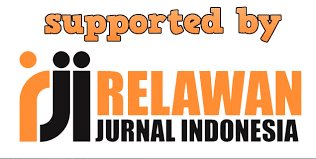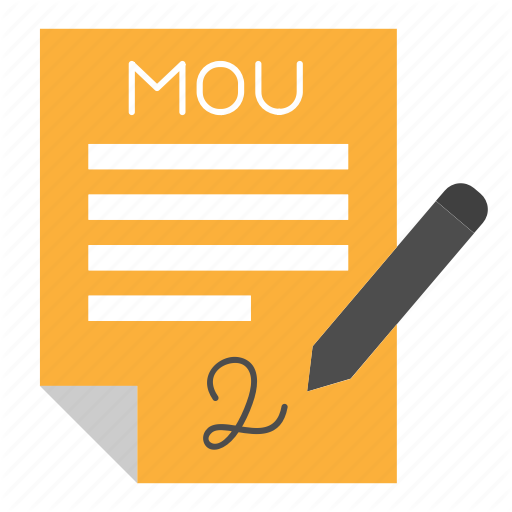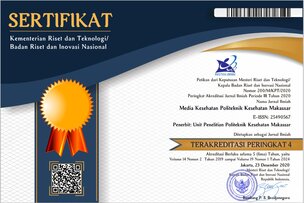HUBUNGAN PENGETAHUAN IBU TENTANG GIZI DENGAN ASUPAN ENERGI PADA ANAK STUNTING
Abstract
References
Aritonang, Irianto. (2010). Menilai Status Gizi Untuk Mencapai Sehat Optimal. Jakarta; Grafina Mediacipta.
Balitbangkes. (2007). Riset Kesehatan Dasar Nasional. Jakarta. Depertemen Kesehatan Republik Indonesia.
Balitbangkes. (2013). Riset Kesehatan Dasar Nasional. Jakarta. Depertemen Kesehatan Republik Indonesia.
Balitbangkes. (2010). Riset Kesehatan Dasar (RISKESDAS) Laporan Provinsi Sulawesi Selatan. Badan Penelitian dan Pengembangan Kesehatan : Depertemen Kesehatan Republik Indonesia. Jakarta.
Balitbangkes. (2013). Riset Kesehatan Dasar (RISKESDAS) Laporan Kabupaten Gowa Provinsi Sulawesi Selatan. Badan Penelitian dan Pengembangan Kesehatan : Depertemen Kesehatan Republik Indonesia. Gowa.
Irna Yulianti. 2014. Gambaran Asupan Zat Gizi dan Prestasi Belajar Anak di Sekolah Dasar Islam Terpadu (Sdit) Al-Isyirah Pacerakkang. Politeknik Kesehatan Makassar. KTI.
Judarwanto W. 2006. Antisipasi Perilaku Makan Anak di Sekolah. http://www..pdpersi.co.id. (diakses, 25 Februari 2015).
Moehji, S. 2003. Ilmu Gizi 2 Penanggulangan Gizi Buruk. Jakarta : Papas Sinar Sinant.
Nurhikmah. 2011. Hubungan pengetahuan dan Asupan Zat Gizi dengan Status Gizi Ibu Hamil di Puskesmas Kassi-Kassi Kota Makassar Politeknik Kesehatan Makassar. KTI.
Nuryani. 2013. Gambaran Asupan Energi dan Protein dengan Prestasi Blajar Anak Sekolah Dasar di SDN Pajjaiang Kelurahan Sudiang Raya Kec.Biringkanaya Kota Makassar. Poltiknik Kesehatan Makassar. KTI.
Notoadmojo, S. 2007. Pengantar Pendidikan Kesehatan dan Ilmu Perilaku Kesehatan. Andi Offset. Yogyakarta.
Rosa, Revida. 2011. Pengetahuan Gizi dan Keamanan Pangan Jajanan Serta Kebiasaan Jajan Siswa Sekolah Dasar Di Depok dan Sukabumi(Skripsi). Bogor : Institusi Pertanian Bogor.
Salimar, dkk. 2013. Stunting Anak Usia Sekolah Di Indonesia Menurut Karakteristik Keluarga (diakses 2 Desember 2013).
Siti Uswatun Hasanah, 2014 Hubungan Pola Asuh dan Zat Gizi pada Baduta stunting dan atau wasting di Kelurahan Allepolea Kecamatan Lau Kabupaten Maros Politeknik Kesehatan Makassar. KTI
Sulistyoningsih Haryani. (2011). Gizi untuk Kesehatan Ibu dan Anak. edisi pertama-yogyakarta; graha ilmu.
Supariasa, I. D. N, dkk, (2002). Penelian Status Gizi. Jakarta; Buku Kedokteran EGC.
Susmi Akhriani, 2013 Gambaran Karakteristik Orang Tua dan Asupan Energi Pada Anak Stunting di SDN 258 Sakui-Sakui Kecamatan Bontotiro Kabupaten Bulukumba Politeknik Kesehatan Makassar. KTI
DOI: https://doi.org/10.32382/medkes.v12i1.31
Refbacks
- There are currently no refbacks.
Copyright (c) 2018 Media Kesehatan
Published By : Poltekkes Kemenkes Makassar
Office : Jl. Wijaya Kusuma Raya No. 46 Banta-Bantaeng, Kota Makassar, Sulawesi Selatan, Indonesia
Email : mediakesehatan@poltekkes-mks.ac.id
Media Kesehatan indexed by :
Protected By  |  |

This work is licensed under a Creative Commons Attribution-NonCommercial-ShareAlike 4.0 International License.




